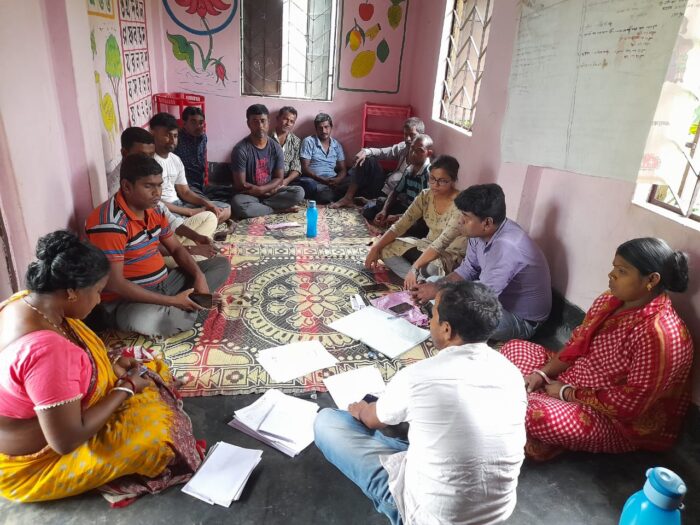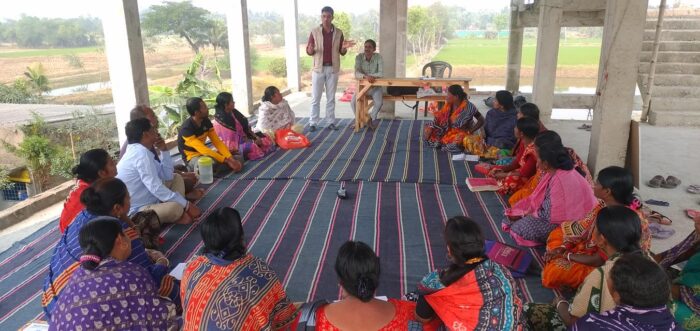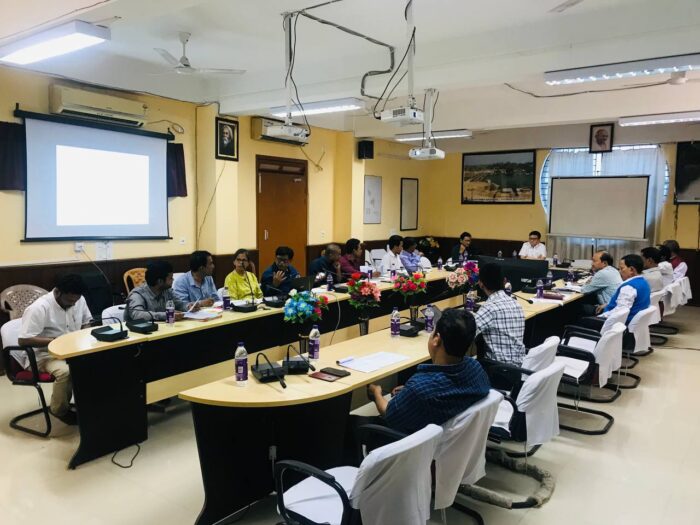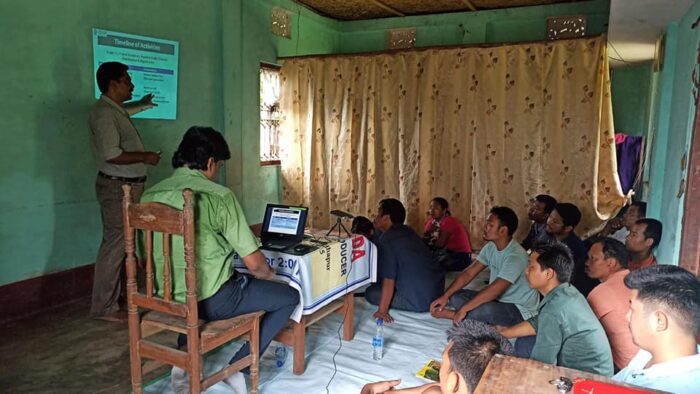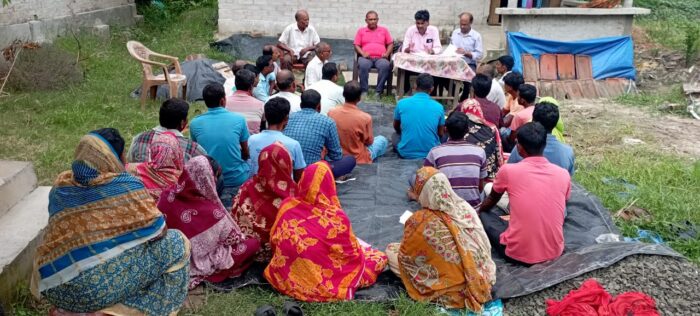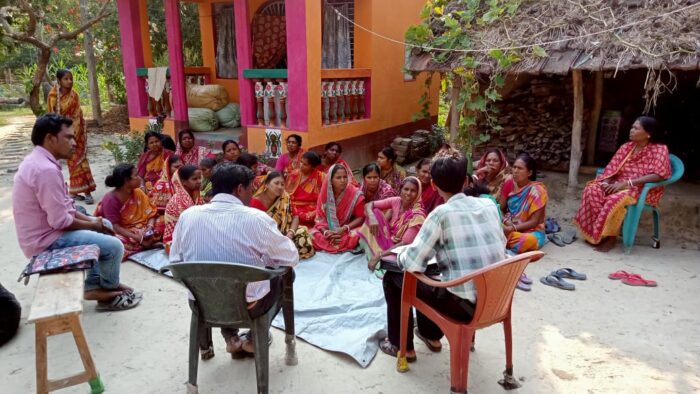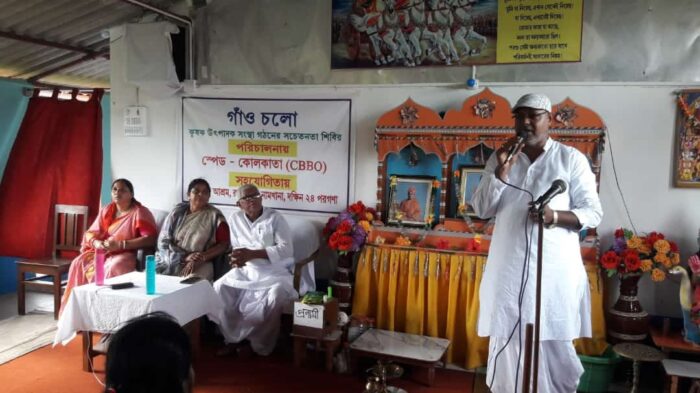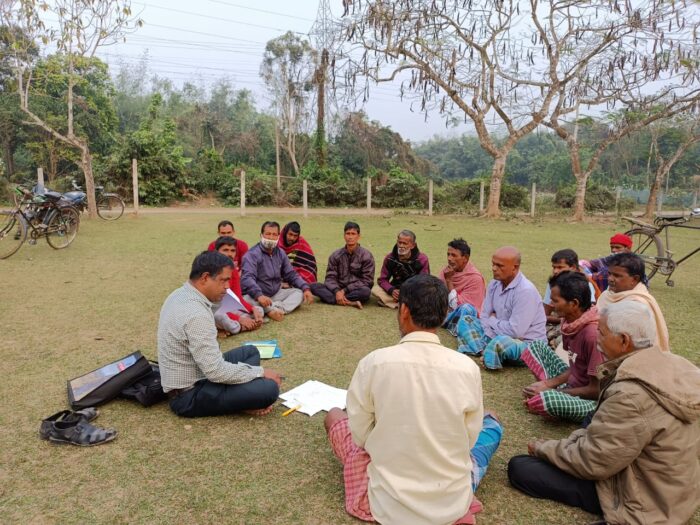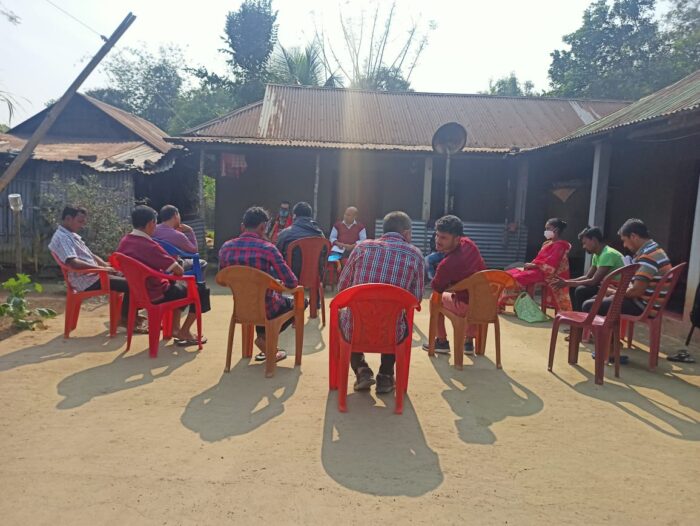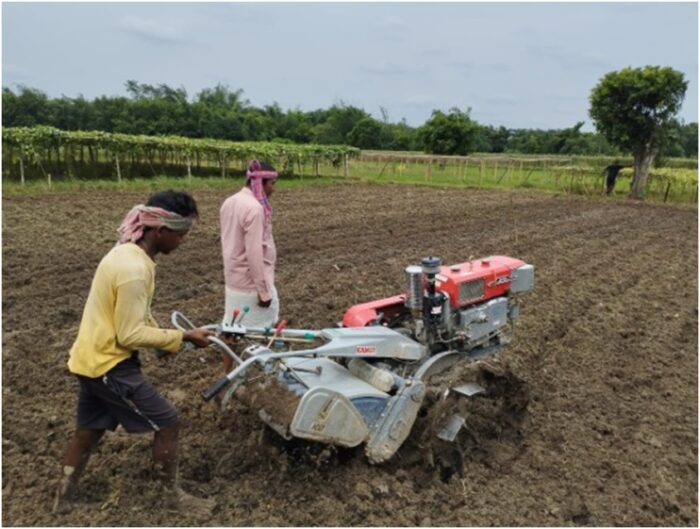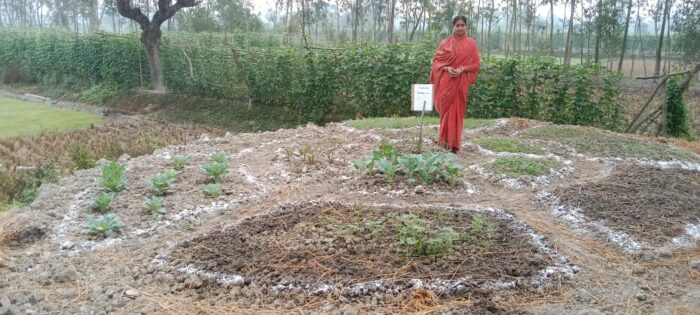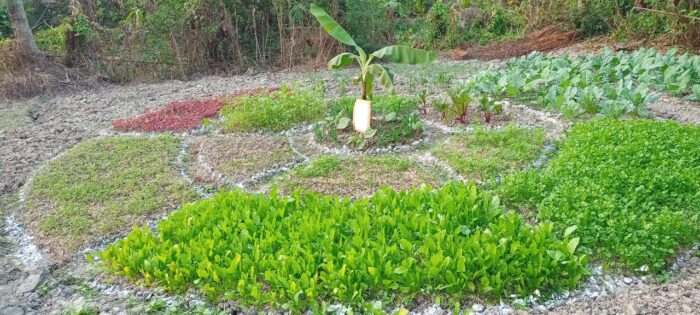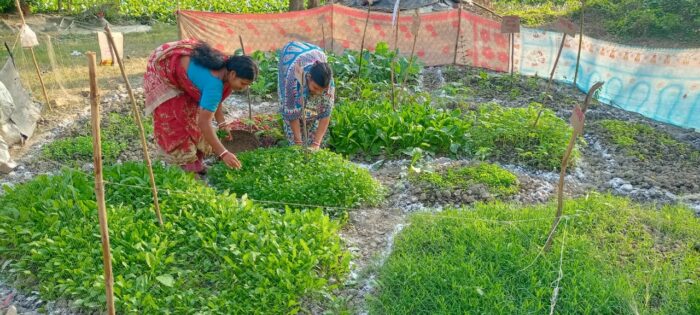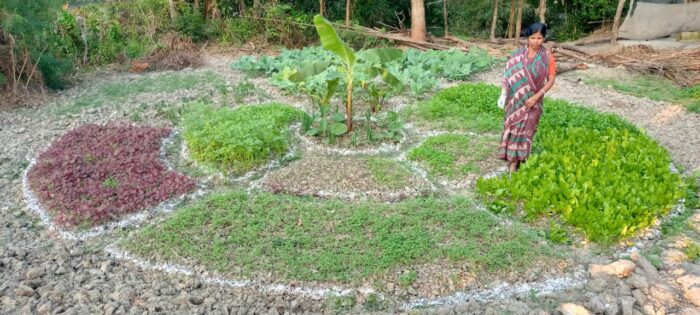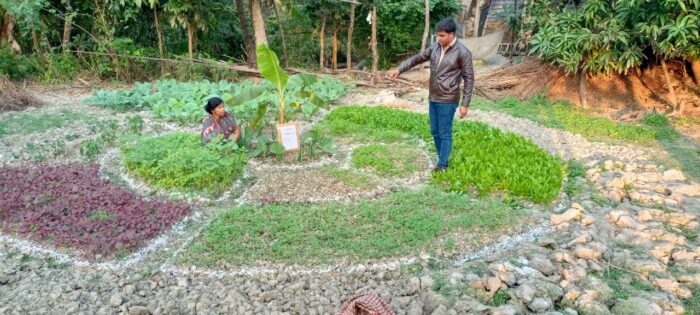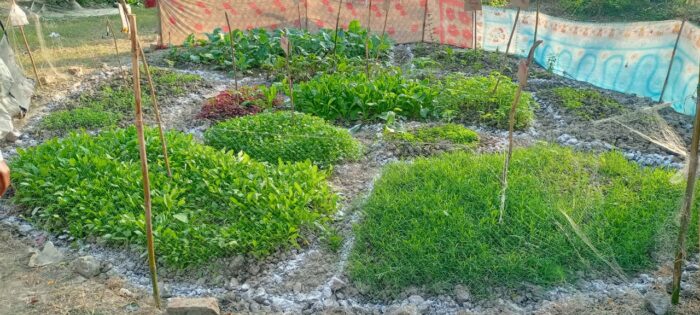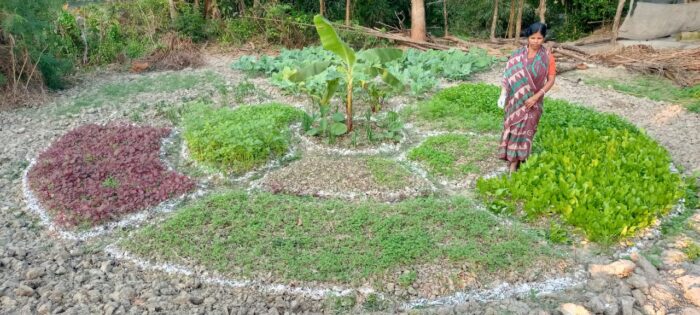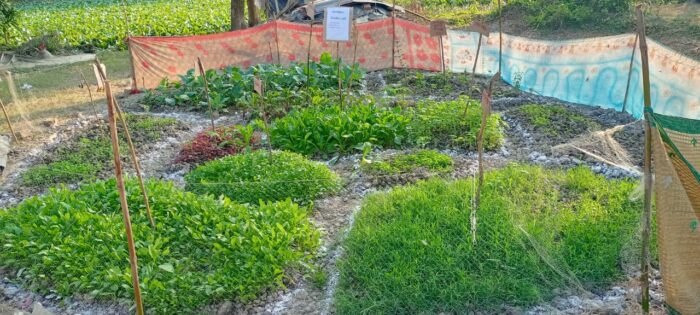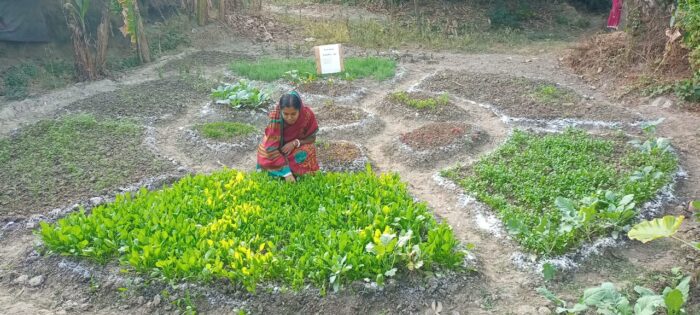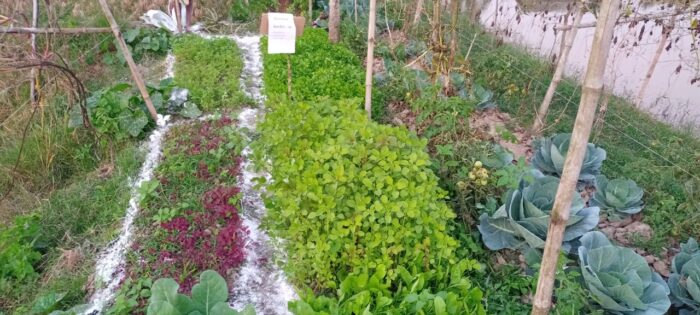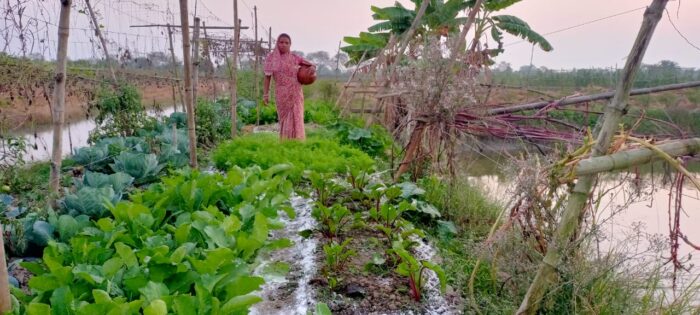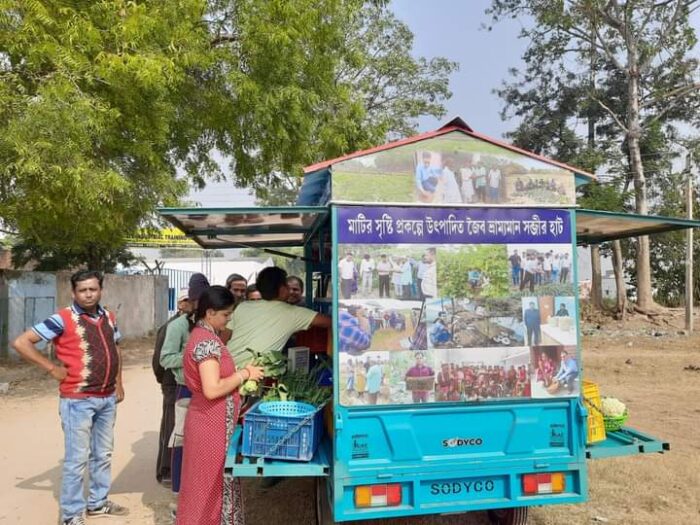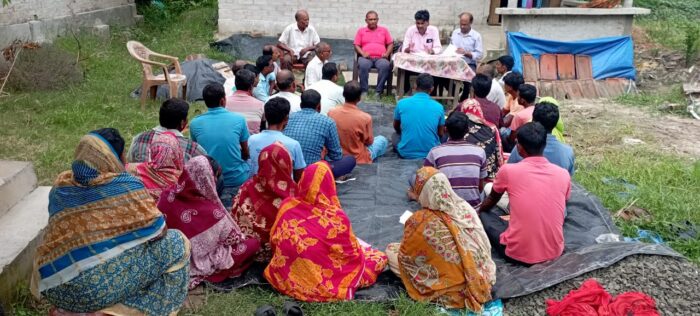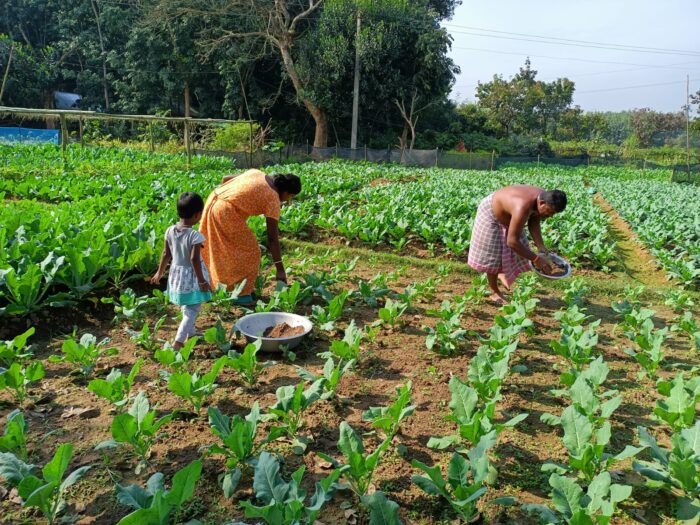Agriculture is the backbone of the Indian economy, but its proportion has been declining since 1950-51. To ensure food security for 1.30 crore Indians, modernization and agricultural expansion are necessary. Challenges include traditional mode of production, unorganized farmers, lack of storage and warehousing facilities, distress sales, crop loss due to disasters and lack of mechanization in small holdings. Also, scarcity of land per capita is a major impediment to agricultural modernization. NABARD’s All India Rural Financial Inclusion Survey 2016-17 reveals that 67% of farmers own 1 hectare of land, 20% have 1-2 hectares, and 13% have more than 2 hectares. Even, these smallholders are also isolated and unorganized. To improve the status of the farmers and to enhance agricultural productivity, the Govt. of India had decided to form farmers’ collectives like FPOs or FPCs which shall be farmer community-owned and managed institutions. Different Departments and Agencies of Government came forward for this purpose and among them, SFAC, NABARD, NAFED, etc. are the most prominent. There are several valid reasons behind formation of FPOs and some of them are:
Strengthening Farmers’ Bargaining Power: Individual farmers often face challenges in negotiating fair prices for their produce due to their fragmented and dispersed nature. By joining hands through FPOs, farmers can collectively bargain with buyers, processors, and retailers, leading to better prices and improved incomes.
Access to Finance and Resources: FPOs can facilitate access to credit, inputs, and modern agricultural technologies for small and marginal farmers who often lack adequate resources and collateral. By pooling resources and representing a larger group, FPOs can attract investments and financial support from government agencies, financial institutions, and private entities.
Market Linkages and Value Addition: FPOs enable small-scale farmers to tap into broader markets, including government procurement programs, organized retail chains, and export markets. FPOs can facilitate aggregation, quality control, processing, packaging, and branding, thereby adding value to the agricultural produce and enhancing market competitiveness.
Knowledge Sharing and Capacity Building: FPOs provide a platform for farmers to share knowledge, best practices, and technical expertise. Through training programs, workshops, and exposure visits, FPOs can enhance farmers’ skills, improve farm management practices, and promote sustainable agriculture.
Risk Mitigation: FPOs can help farmers collectively manage risks associated with agricultural production, such as price volatility, climate change, pests, and diseases. By diversifying crops, implementing risk management strategies, and accessing crop insurance, FPOs can protect farmers’ livelihoods and reduce vulnerability.
Policy Advocacy and Representation: FPOs serve as effective channels for farmers to voice their concerns and advocate for their interests at the local, regional, and national levels. By representing a significant number of farmers, FPOs can influence agricultural policies, lobby for favorable regulations, and participate in decision-making processes.
Rural Development and Empowerment: FPOs contribute to rural development by promoting inclusive growth, reducing income disparities, and creating employment opportunities. They empower farmers by building their leadership skills, fostering collective decision-making, and fostering entrepreneurship within the farming community.
The Government of India has recognized the importance of FPOs and has initiated various programs and schemes to promote their establishment and growth. These include providing financial support, capacity building initiatives, market linkages, and policy incentives. The promotion of FPOs aligns with the broader goals of agricultural development, poverty alleviation, and inclusive growth in India.
As an experienced and matured Institution Building Agency, on 14th April 2021, SPADE signed a Memorandum of Agreement for Formation and Strengthening of Farmer Producers Organizations (FPOs) as CBBO under National Agriculture Cooperative Marketing Federation of India Ltd. (NAFED) in West Bengal and Tripura. As a CBBO under NAFED, SPADE in West Tripura is promoting five FPOs in Mohanpur, Bamutia, Belbari, Dukli, and Chalilam Blocks. Also, in the South 24 Parganas district of West Bengal, SPADE has initiated the process of forming FPOs in Kakdwip and Namkhana Blocks, which comprise the vegetable growers.
NABARD in Dakshin Dinajpur and Purulia Districts had sanctioned 3 LEDPs to SPADE, and after successful completion of the same, NABARD has sanctioned three Off-Farm FPOs as extensions of the LEDPs. Consequently, SPADE is promoting three FPOs comprising the SHG members engaged in goat rearing in Hilli and Tapan Blocks of Dakshin Dinajpur and Manbazar-1 Block of Purulia districts. The necessary business development services for commercial goat rearing are being provided by SPADE.






